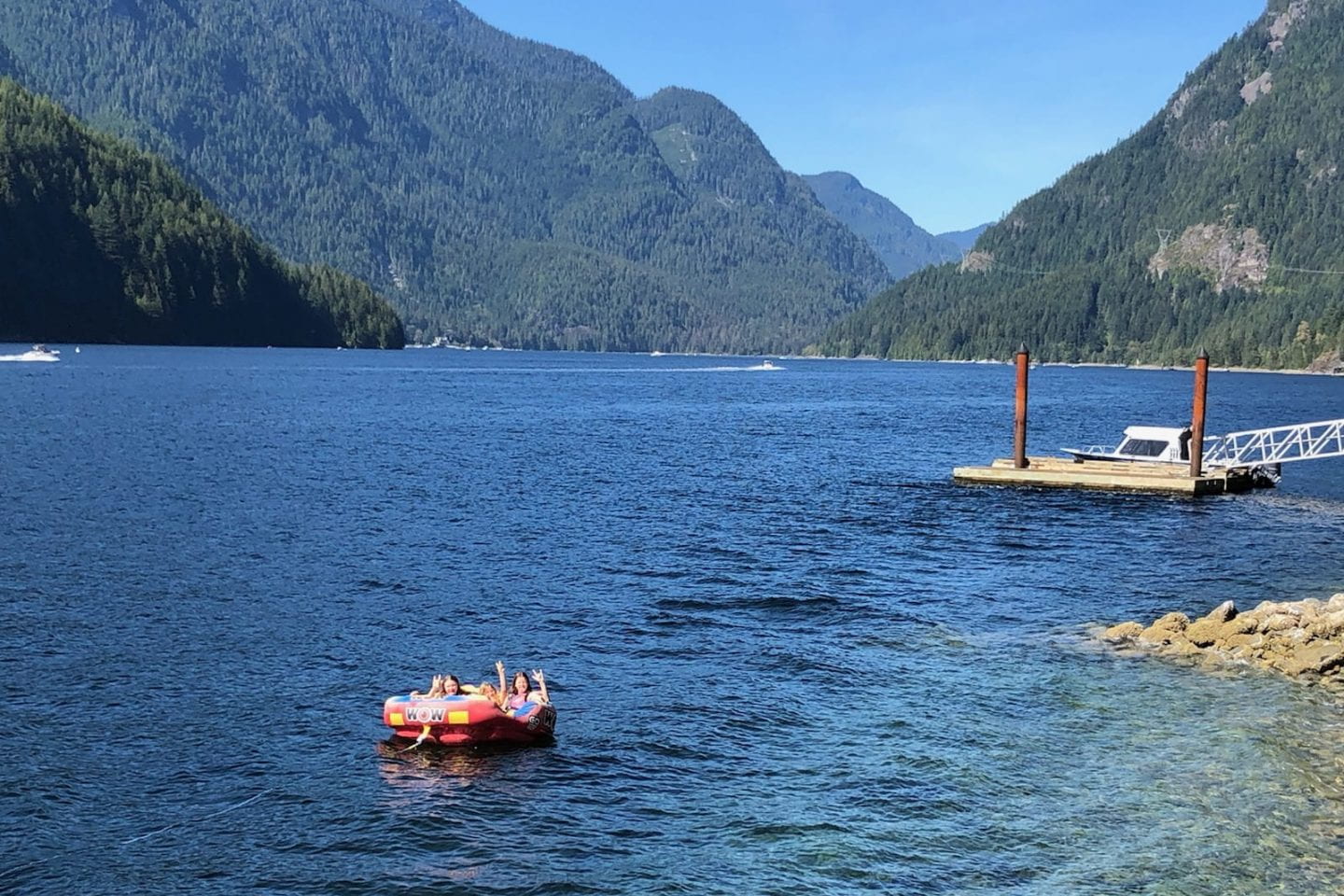O Romeo, Romeo, wherefore art thou Romeo?

The tragic love story that is Romeo and Juliet was what my class and I had been studying for the last month, for our newest project. In the process we read the play, made 2 podcast episodes, watched different adaptions of the story and to tie it together, in the end, we created a live audio story of our own adaptation of the play. The driving question that we were answering for our adaption was: How can we present a live audio story that makes an audience appreciate the relevance of Shakespeare?
So, now that I’ve given you a pretty solid base as to what this project really was all about, let’s go into the process of these parts of the project.
First off, we read the play. My first impression was that it was very blah; hard to understand, confusing and pretty odd. When we first read Shakespeare back in grade 8, I expected it to live up to the hype, because, people always say how genius and amazing Shakespeare is as well as is writing. But, I thought otherwise. As did the people that I collaborated with in the first podcast episode of this project — Matthew and Noah. In this episode, we talked about what a classic is and what makes Romeo and Juliet such a classic.
I found creating a co-hosted episode was a lot more entertaining for audience members because you got to see us joking around and having fun which was pretty different compared to my previous episodes. Not to mention, it was also just a lot more fun to record. As far as the episode overall, I think it was great for my group and I’s time making an episode like this, but I still could have added a lot more clips in between for giving context during the conversation.
Next, I collaborated with the same people to do a second co-hosted podcast. This episode was a follow up to the last one, but instead, we talked about adaptations. Those adaptations were more focused on the movie adaptations we watched on the play, but we brought on our own points and topics as well.
For this episode, believe it or not, my group took everything that was good about our last episode, and made it even better. Our chemistry/making it seem like we were actually good friends, giving the audience a good sense of all our personalities and the planning for the topics and questions we were going to discuss in the episode, was hugely improved. And for this episode, I made sure to add a lot more clips of myself talking in between clips do give more context to the viewer. I also want to add that I really liked the the first minute of my episode or so turned out.
For this episode, believe it or not, my group took everything that was good about our last episode, and made it even better. Our chemistry/making it seem like we were actually good friends, giving the audience a good sense of all our personalities and the planning for the topics and questions we were going to discuss in the episode, was hugely improved. And for this episode, I made sure to add a lot more clips of myself talking in between clips do give more context to the viewer. I also want to add that I really liked the the first minute of my episode or so turned out.
After completing our two episodes, we went straight to the planning of our play, which actually turned out quite well. In the play, I was put as “director”, so I basically made sure everyone was in line and said their lines or made the sound effect at the right time. I think it was a good role for me, since acting is really not my strong-suit and I typically like telling people what to do. But, maybe one day, if we were to do something like this again as a project, I might try going out of my comfort zone to try and do something different.
Overall, I actually ended up quite liking this project. At the beginning, I was not a fan of Shakespeare whatsoever. But now, I’m not saying I’m a fan, but I understand why it’s considered . By the time the project was done and I had done some reflection on the project as a whole, I realized that after a while, it was very satisfying to read his poetry, typically out loud, which I think I realized from the making of the radio show and when learning about his poetry style. Not to mention, Shakespeare did create 1,700 words and things such as the knock-knock joke, which is also pretty incredible.
I recommend that you watch our final performance down bellow, and let me know what you think!
Bye!


